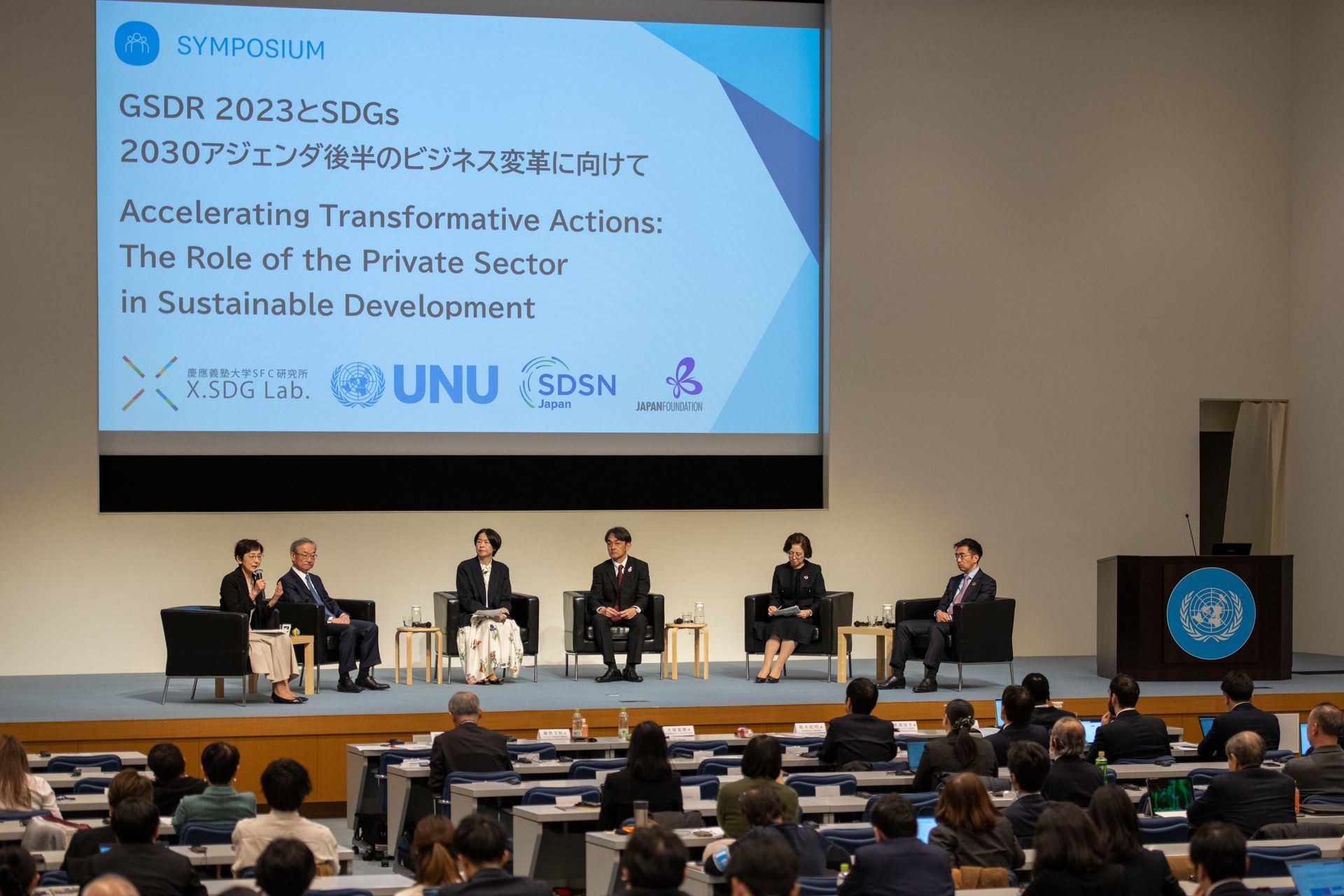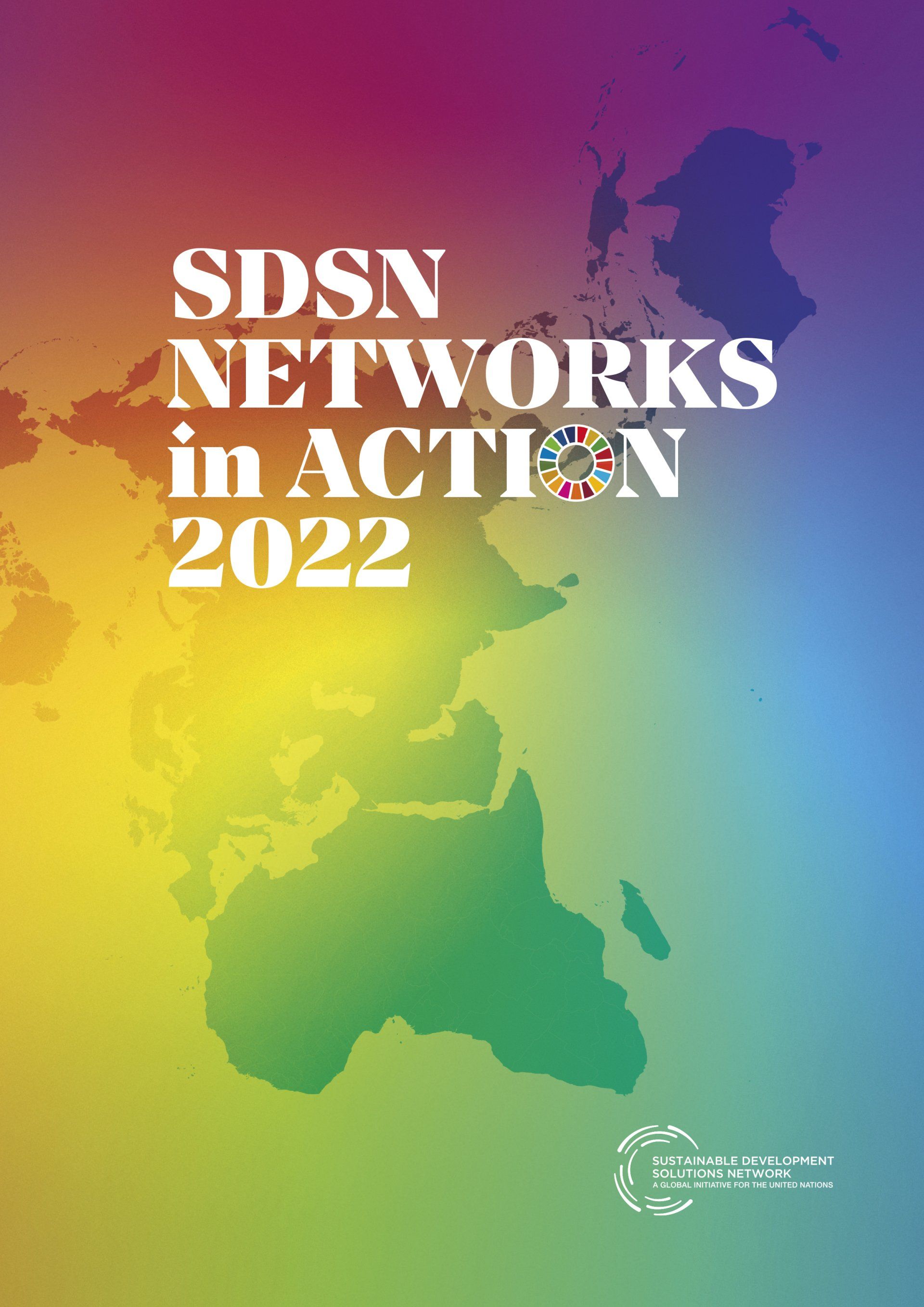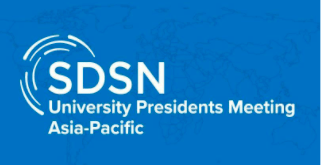By SDSN
•
21 Dec, 2021
On December 1, 2021, the Sustainable Development Solutions Network (SDSN) held a meeting for University Presidents from the Asia-Pacific region. The meeting brought together University Presidents, and the Deputy Secretary-General of the United Nations, the Minister of Education, Culture, Research, and Technology of Indonesia, along with regional experts, SDSN Network Chairs, Managers, and members of the SDSN Leadership Council, to discuss how universities can align with the SDGs and the Paris Climate Agreement and engage with local governments and communities. Throughout the closed-door meeting, which welcomed 135 participants, including the Presidents of 98 Universities from 31 different countries, speakers and participants emphasized the importance of making universities global leaders in achieving the 17 SDGs. Jeffrey Sachs, President of SDSN, opened the session by highlighting the opportunity presented by this meeting to connect efforts across universities in the Asia-Pacific region. He also reminded participants of the importance of responding to impending challenges with the best knowledge, holistic approaches, cutting-edge research and multi-stakeholder partnerships involving government and universities. Indonesia’s Minister Nadiem Makarim, in his opening remarks, raised the importance of having a unified strategy for education given the many interdependencies between education and technological innovation. He also stressed how a whole new approach to education would enable the actual discipline-focused system to become more problem-focused, involving all sectors and disciplines in addressing the challenges faced by the country. Deputy Secretary-General of the United Nations, Amina Mohammed, proposed that the meeting be considered a unique opportunity to explore how university networks can strengthen collaboration between policymakers and the scientific and technological communities working across the SDGs. She expressed hope that the meeting will generate discussions on the research that is needed for climate action and on the types of partnerships needed to better promote innovation and solutions to meet the 2030 Agenda. These opening remarks were followed by a Panel with Vice Chancellor of Monash University, Margaret Gardner; Dean of the Schwarzman College at Tsinghua University, Dr. Lan Xue; CEO of Sunway Education Group, Prof. Elizabeth Lee, President of the University of Tokyo, Dr. Teruo Fujii; Director of Trade Investment and Innovation Division, (ESCAP), Professor Rupa Chanda; and Director of the Indian Institute of Human Settlements, Aromar Revi. The meeting then moved to three breakout sessions moderated by SDSN Network Chairs: Session 1, chaired by Professor John Thwaites, Chair, SDSN Australia, New Zealand and Pacific, focused on the role of universities in education for the SDGs, with a particular focus on how universities can better implement SDG 4.7, Session 2, chaired by Professor Woo Wing Thye, Vice-President, SDSN Asia, focused on climate change and research programs, and Session 3, chaired by Ms. Cherie Nursalim, Chair, SDSN Southeast Asia, focused on universities and businesses for innovation. Key takeaways: One of the overarching themes of the meeting focused on ‘Problem-solving’ education, as opposed to the traditional discipline-focused education, as a response to solve complex societal problems. Other highlights from the event include: The key role played by digital technologies, not only as a classroom tool but for making education accessible and affordable to the wider population; The importance of developing an SDG-focused research agenda, for example with expanded foresight research; The need for quantitative and qualitative research that anticipates future challenges; The role of universities working with businesses to align and innovate around the SDGs; The need for universities to nurture and shape their significant relationships with cities. This is particularly important as cities have been at the forefront of SDG implementation strategies; The important role of universities in making connections between advances in knowledge at the local, national global levels with primary and secondary education, public education and continuing education; The importance of enhancing the role and participation of universities in two major upcoming events: (i) Global Summit on Reimagining Education in September 2022 and (ii) G20 Summit in Bali in October 2022 (and ministerial events throughout the year). Upcoming University Presidents Meetings are as follows: Central Asia, Europe and Middle East: January 18th, 3pm Central Europe Time (UTC+2) Africa: March 10th, 3pm West Africa Time (UTC +1) Americas: April 21st, 12pm Eastern Standard Time (UTC-5)












